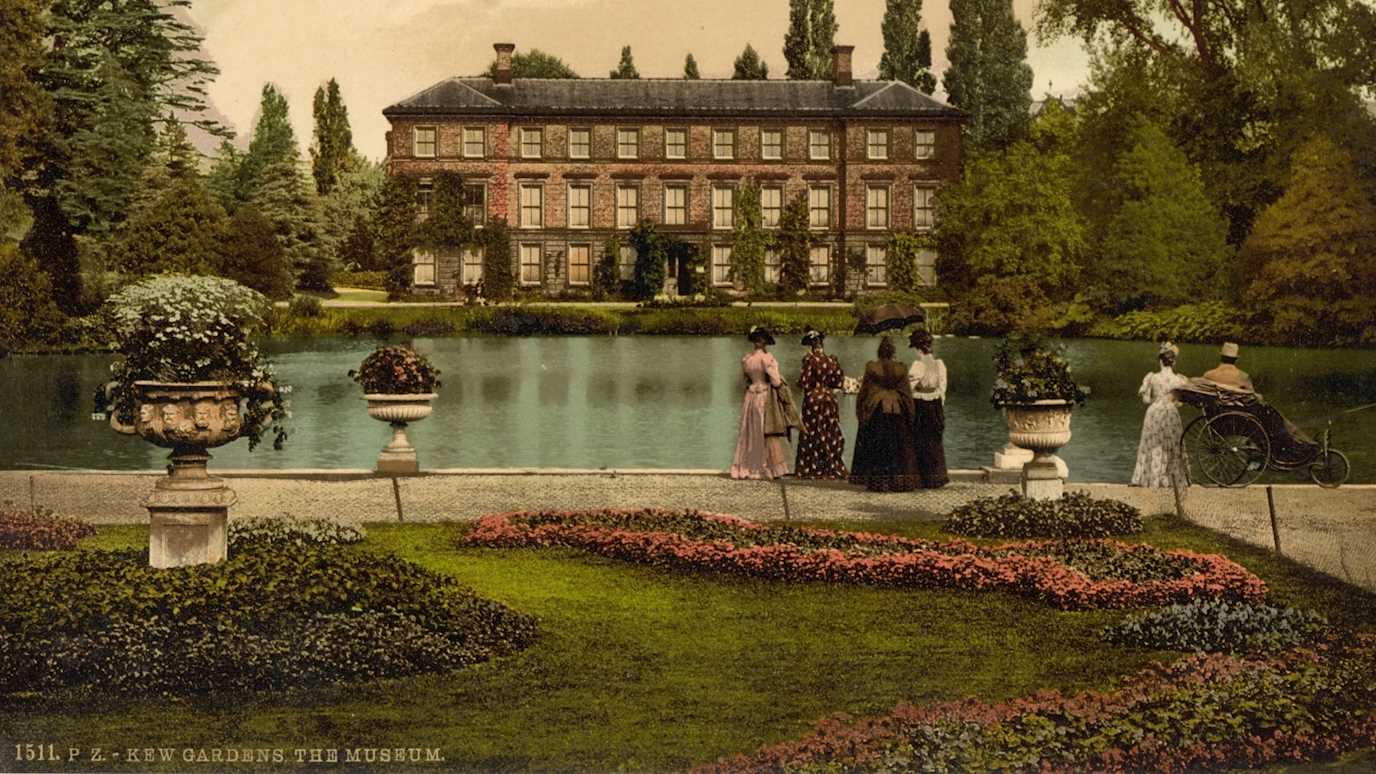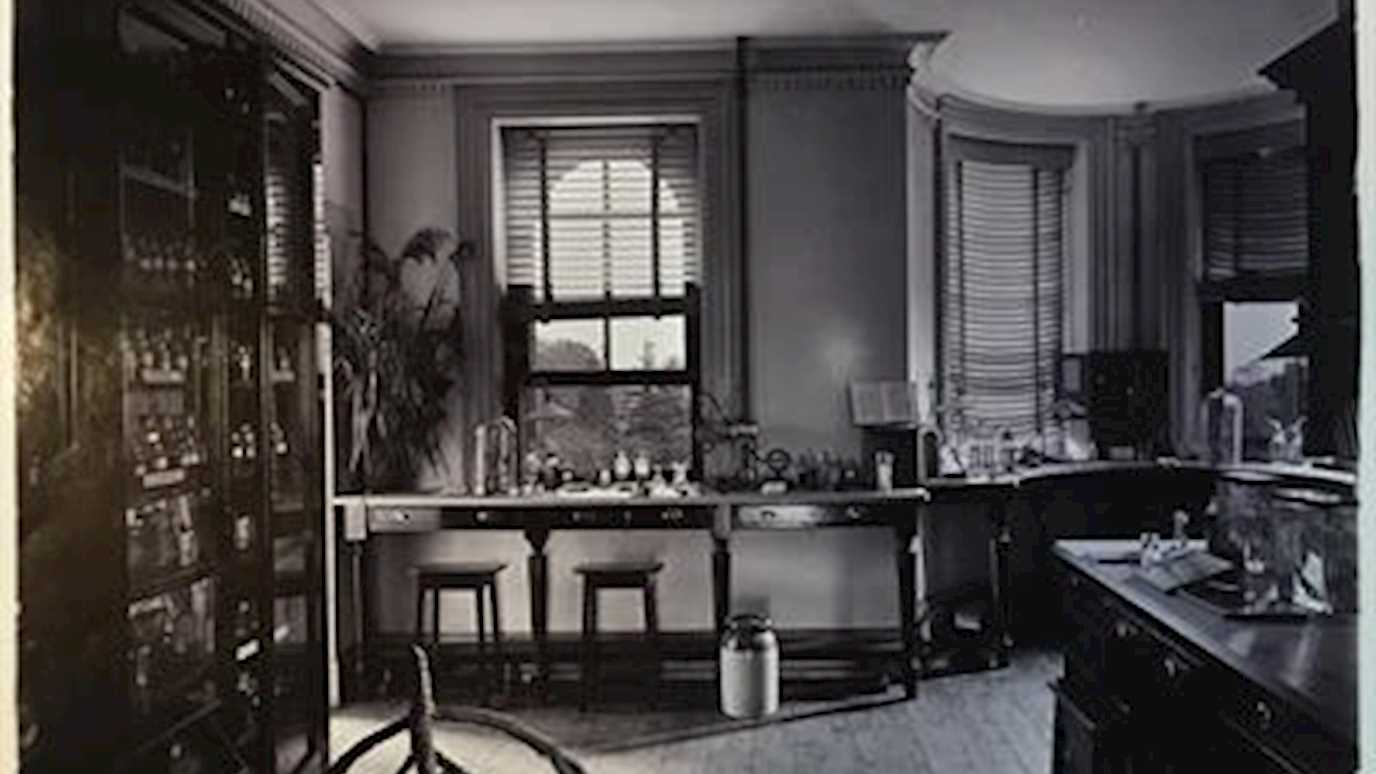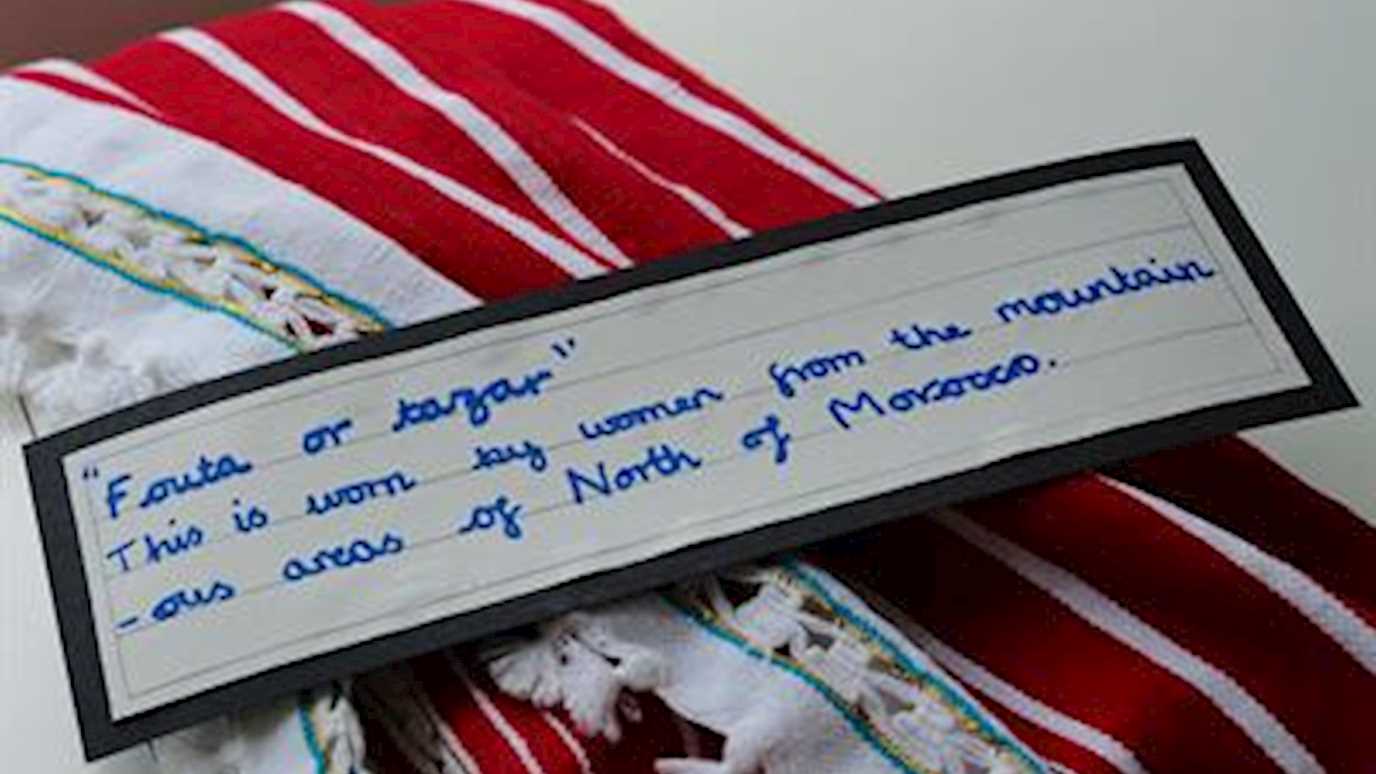Posted on 28/06/2017 by Felix Driver
One of the most exciting aspects of the Mobile Museum project is the opportunity to reconnect histories of a little-known but extraordinary collection to larger themes in the history of Britain and the wider world. Amongst these, the history of object-based learning is a theme given new significance by the recent material turn in many humanities disciplines: understanding the world through objects, it turns out, has a long and rather interesting history.
Cotton from the Economic Botany Collection at Kew
The Mobile Museum project focus on the distribution of objects from Kew, based on archives now being digitized and indexed, provides the basis for a key strand of research on educational policy and practice. There is no doubting the scale and extent of these flows: of the 75,000 or so objects dispersed from the Museum between 1881 and 1914, for example, nearly half went to no less than 700 different schools across the British Isles, many seeking to set up their own museums, supported by national government and London-wide initiatives.
We are now seeking to recruit a postdoctoral researcher to join the team and explore the wider context in which such museum objects came to acquire value in contemporary educational policy and pedagogical practice. This will involve historical research on a variety of sources relating to the history of botanical and geographical education in the late nineteenth and early twentieth century. The key focus here will be on the development and significance of the school museum in science education, especially nature study, including the work of successive progressive educationalists including T. H. Huxley and Patrick Geddes. Manuscript, printed and visual sources at Kew will be enriched by study of periodicals such as The Teachers’ Aid journal, and archives at the UCL Institute of Education library and the V&A Museum. This part of the project may also involve case-study research in London Metropolitan Archives on selected London schools which received materials from Kew and established their own museums.
This research will provide the basis for one of our Working Papers and at least one publication, as well as contributing to our planned workshops in 2018 and 2019. The material generated by this work will also feed into another aspect of the project developing alongside our historical research: that is, an exciting schools-based outreach project managed by Kew’s Learning & Participation Department, which will involve the creation of new museums in two London primary schools.
The new postdoctoral research post is available from January 2018. The closing date for applications is 9 August 2017. For further details of the post and how to apply, please go to https://jobs.royalholloway.ac.uk
Applicants for this position should have experience of historical research in a relevant discipline, such as historical geography, history of education and museum history, to PhD level or beyond, and a strong commitment to the dissemination of research. Interested candidates seeking an informal discussion about the post are welcome to contact me on f.driver@rhul.ac.uk
























